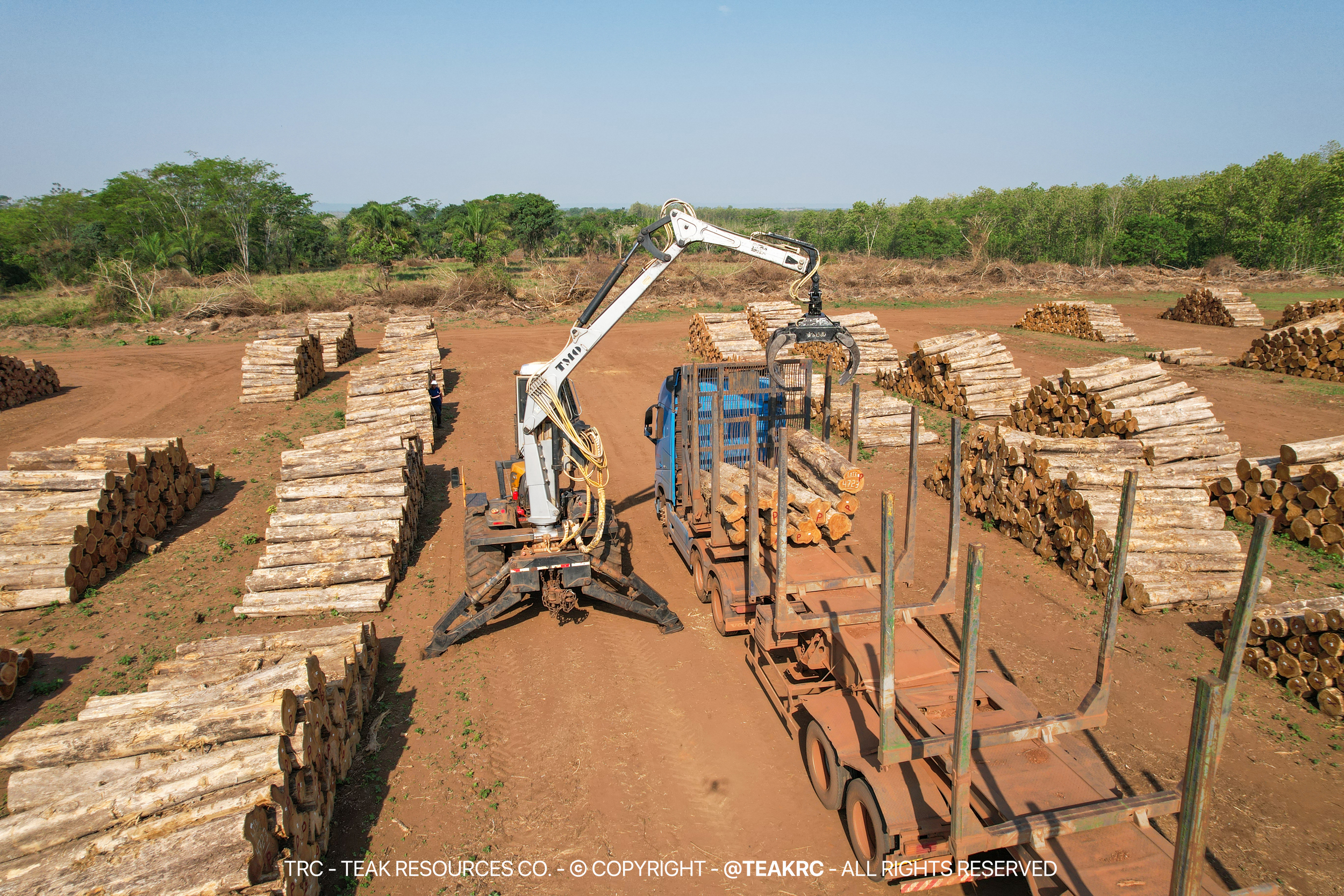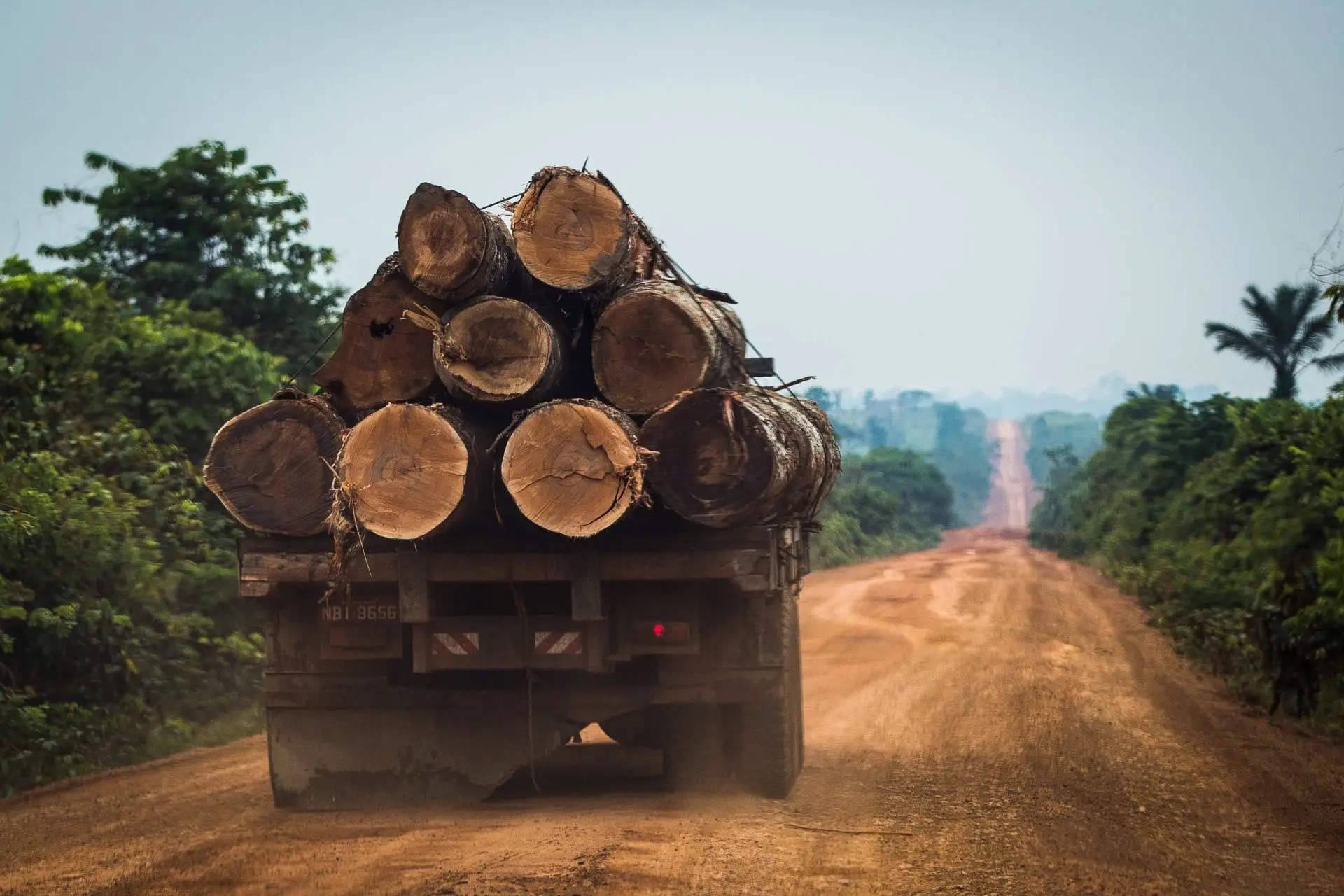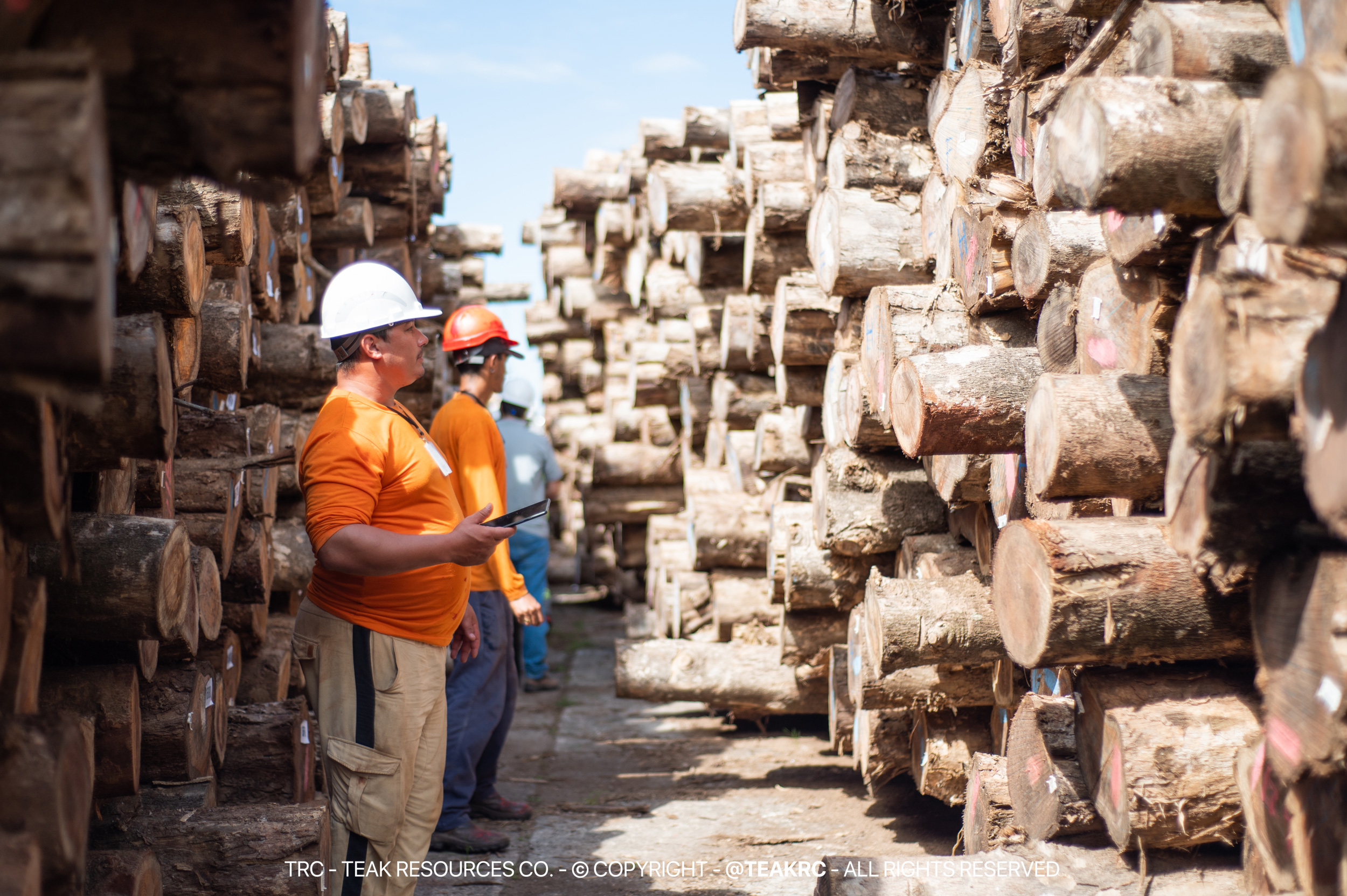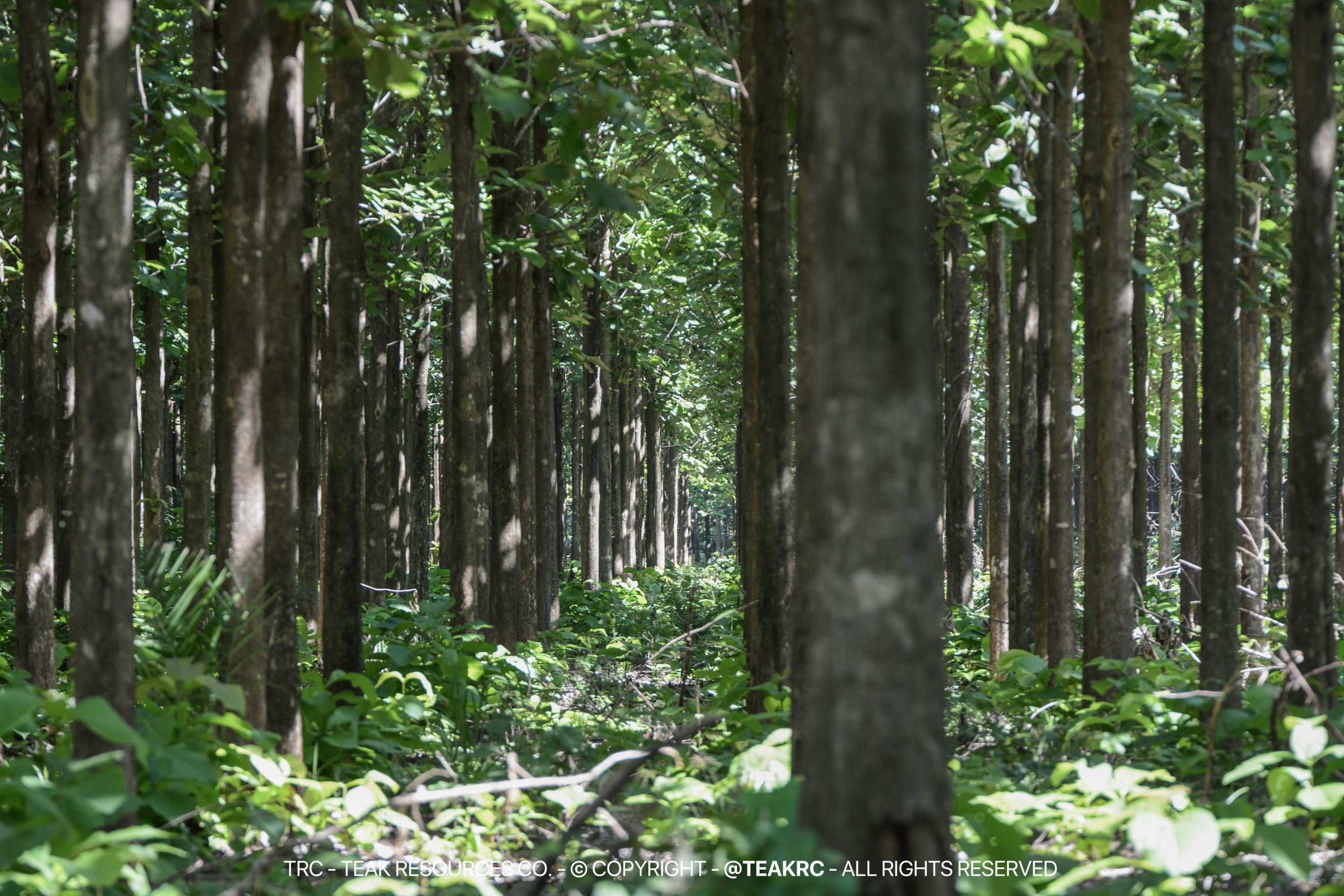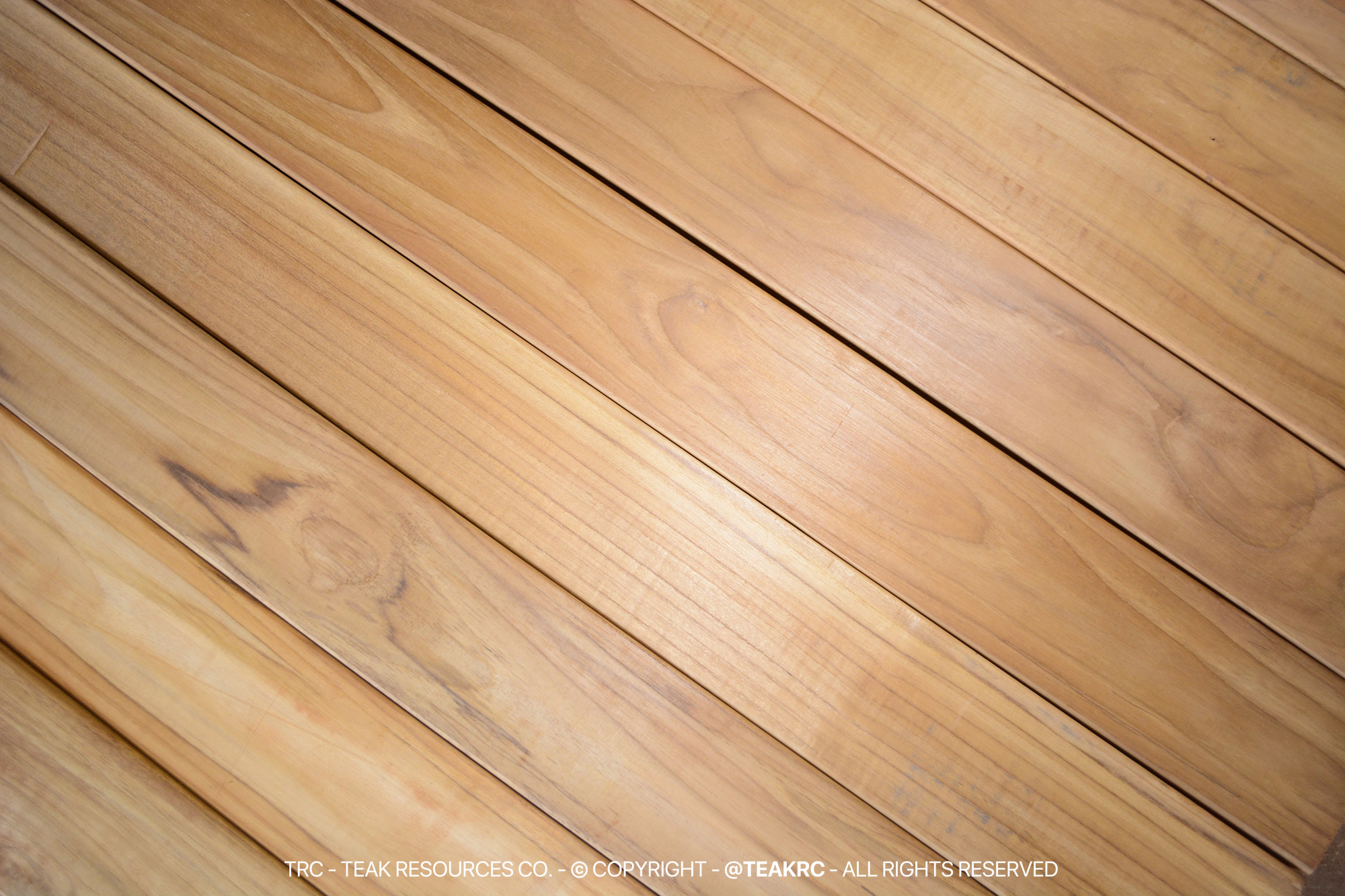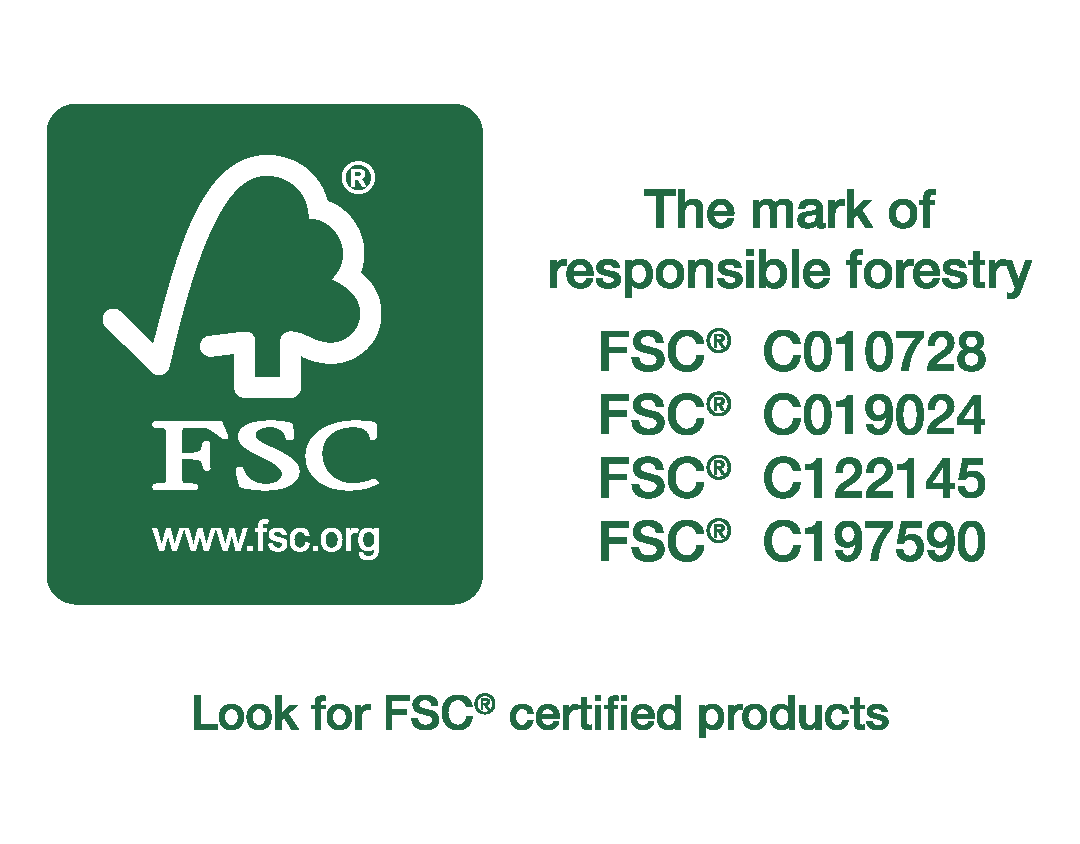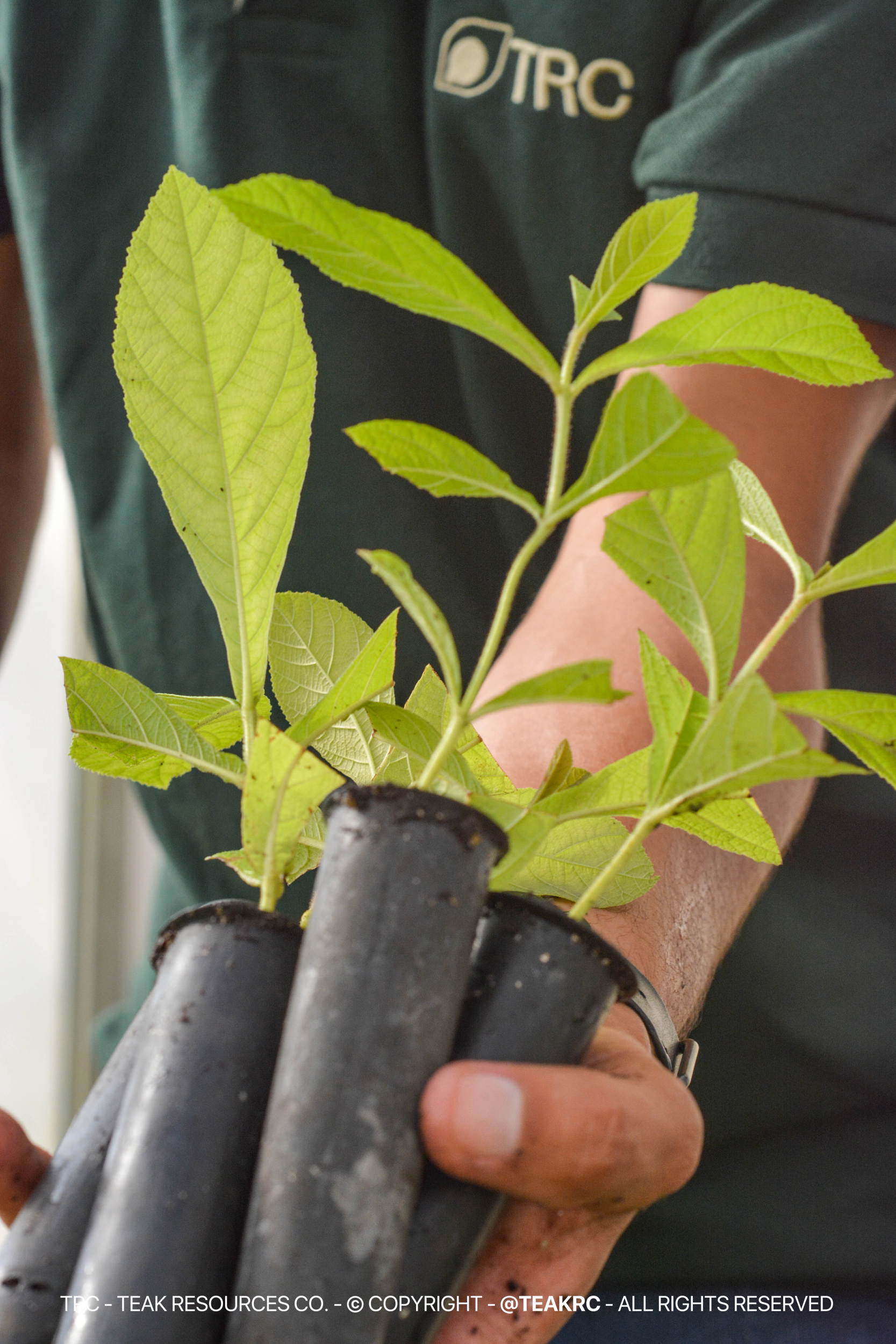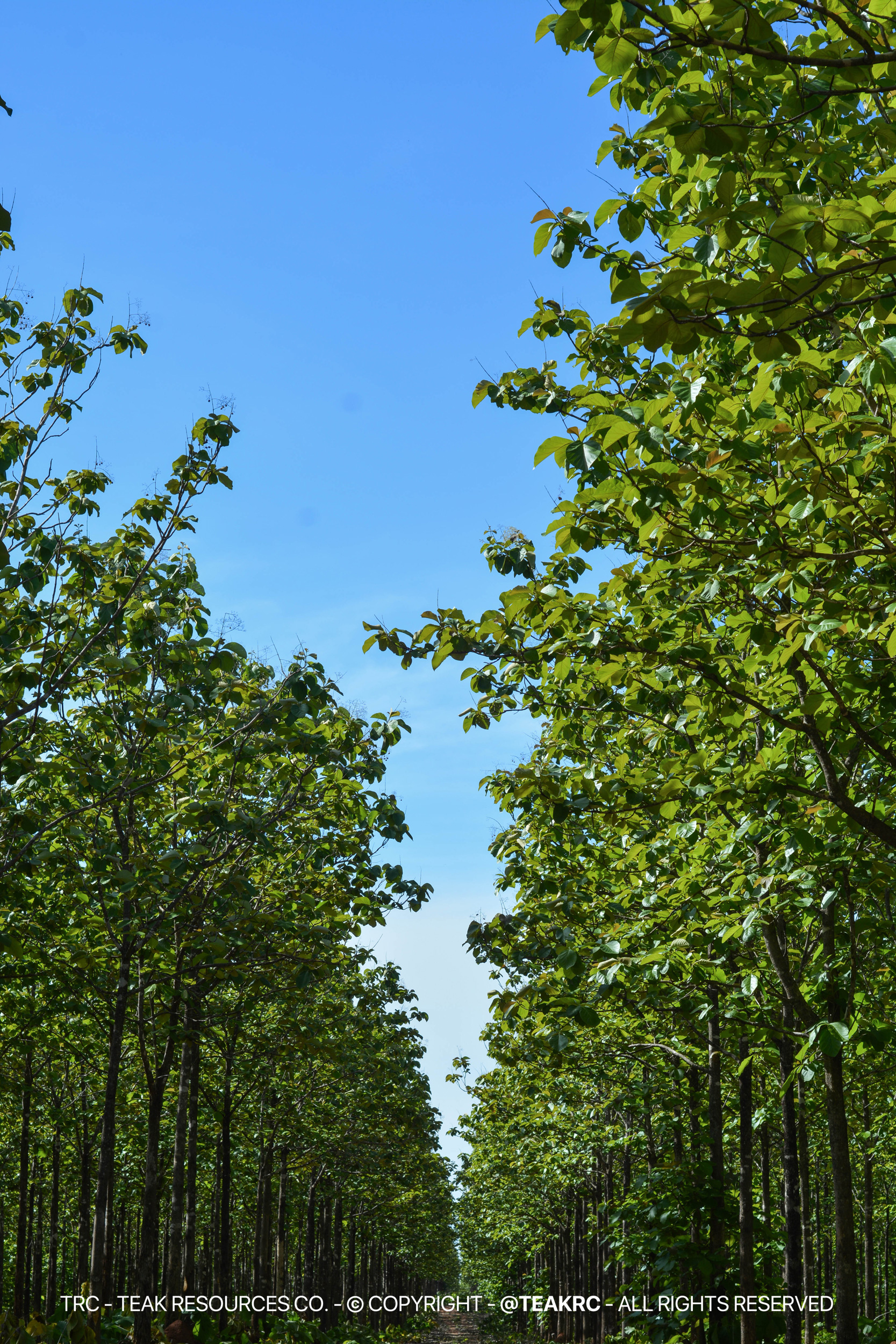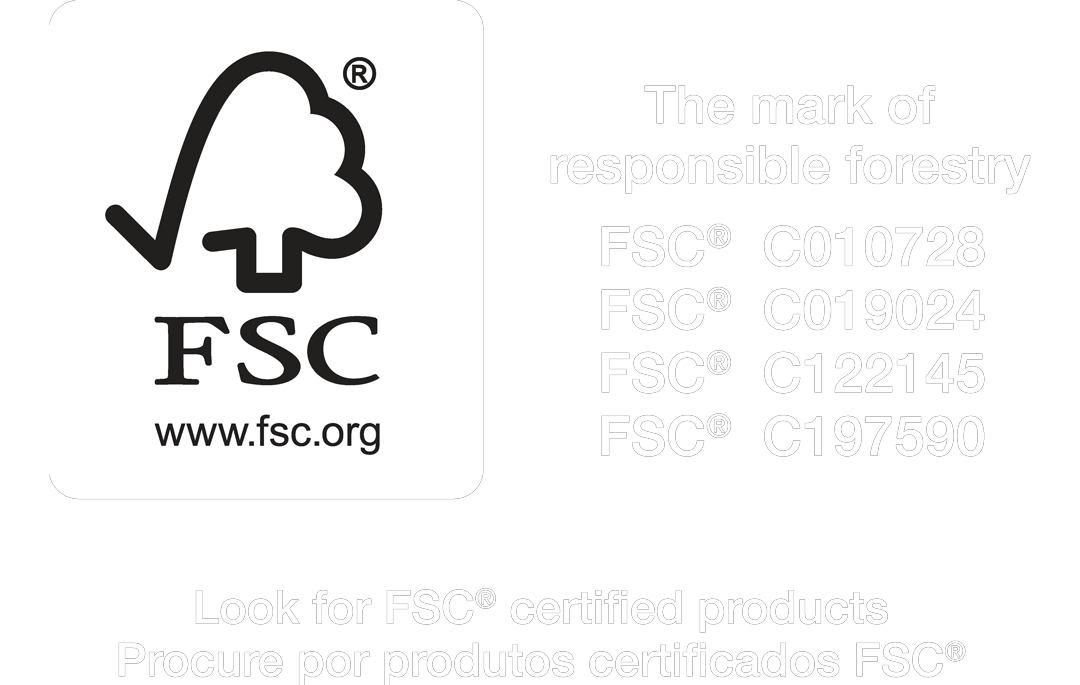Planted Teak as an Alternative to Ipê and Cumaru
Planted Teak Forests: A Sustainable and Responsible Alternative to the Exploration of Protected Species from Native Forests
Wood is one of the most valued resources in the international market, especially noble species from tropical forests such as Ipê and Cumaru, renowned for their durability and beauty. However, the growing demand for these woods, coupled with environmental concerns and increasingly strict regulations, highlights the need for sustainable alternatives.
In this context, teak wood, cultivated in planted forests, emerges as a solution to meet the growing and demanding market worldwide.
Companies like TRC are at the forefront of this movement, offering not only high-quality wood but also the traceability, availability, and compliance required for sustainable trade.
Ipê and Cumaru: Relevance and Challenges
Ipê and Cumaru have undeniable importance for the timber sector. Widely used in civil construction, furniture production, and high-end projects, these noble woods stand out for their natural resistance.
However, the management of these species has raised global concerns, leading to their inclusion in Appendix II of CITES (Convention on International Trade in Endangered Species of Wild Fauna and Flora). Starting November 25, 2024, the export of products derived from these species will require specific licenses, increasing costs and bureaucracy for exporters.
While the regulation aims to protect natural populations, it also poses an economic challenge for the Brazilian timber sector and several industries worldwide that depend on this raw material. This raises questions about how to balance environmental conservation with the continuity of economic activity.
Here, teak wood presents itself as a viable and responsible alternative.
Teak Wood: Sustainable and Profitable
Teak wood, cultivated in planted forests, combines characteristics that make it an attractive option for current users of Ipê and Cumaru.
Resistant, versatile, and sophisticated, teak is widely used in furniture, flooring, decking, and nautical constructions. Its natural durability positions teak wood as an alternative to meet the high-quality demands of the global market.
Moreover, teak provides significant environmental benefits. Cultivated in previously degraded areas, such as abandoned pastures, planted teak forests help restore the soil, sequester carbon, and preserve biodiversity. This aligns teak production with sustainable forest management practices, a growing requirement among consumers and regulatory bodies.
The Importance of FSC® Certification
The FSC® (Forest Stewardship Council®) Certification is a benchmark in the timber market, ensuring that forest management is conducted in an environmentally responsible, socially equitable, and economically viable manner.
TRC has held FSC® certification since 1998, being one of the first companies in Brazil to obtain it.
This not only reinforces credibility and compliance with international standards but also assures consumers that the wood purchased comes from legally managed sources.
TRC’s Role in Sustainability and Traceability
Companies like TRC play a crucial role in transforming the timber market. With three decades of experience, TRC is a global reference in the production of high-quality teak wood from sustainably managed planted forests.
Its commitment to traceability throughout the production chain is a significant differentiator in times of stricter regulations.
The increasing regulation of native wood trade could be a turning point for the timber sector. Companies investing in certified planted forests and sustainable management practices are positioned to lead this new market, seizing the opportunity to offer noble and sustainable alternatives.
This represents a strategic opportunity for the Brazilian timber sector to expand its international presence, diversify its offerings, and strengthen its competitiveness.


 Português do Brasil
Português do Brasil 中文
中文